Tuesday, December 07, 2010
Travelling with a cat/dog/pet from Cairo to Europe
I just read your post about travelling from Cairo with a cat. I just did it to Europe and when I was looking online for information on this, it was difficult to find it in one place. I tried to leave a comment, but it was too long, so am sending you this and perhaps you could post it?
I just travelled to Paris from Cairo with a cat I bought in Egypt. I used Egyptian Mao Rescue Organisation (EMRO) - they deal with all cats, but specifically rescue and adopt Mao cats.
To go to the EU the cat needs
1) a certificate from an EU lab proving it is has rabies antibodies and
2) papers from the Ministry of Agriculture. The certificate, remains valid as long as the animal is annually vaccinated with a record (so you can do this at any time and if you need to leave Egypt suddenly, there is no problem).
Within 6 months to 30 days after vaccination, EMRO takes the cat's blood sample and sends it to a German lab. This sample needs to be taken at least 90 days before departure from Egypt to avoid quarantine in the EU.
Basically, start planning 4 months before departure. The Ministry of Agriculture papers need to be obtained within 10 days before departure. The Ministry is closed on Thursday and Friday. EMRO handled all the paperwork with the Ministry of Agriculture. They have connections there because they do this frequently for cats that are adopted by overseas cat lovers, so know how to get this done quickly.
Air France allow a cat in a soft bag/box with a combined weight of under 5kg in the cabin if pre-booked and it costs US$200 (payable upon check in - our cat was 6.5kg with bag and there wasn't a problem though). It must stay in the soft box the entire time it is in the plane. I bought a cheap soft box on Road 9 that the cat managed to rip the entire side seam just before getting on the plane, so I would recommend buying something really strong (a few people have since highly recommended Sherpa bags).
Kim's Note: I have a Sherpa bag and it is excellent, very strong and supple and ideal if you are taking your pet inside the cabin or to the vet. For longer car journeys and journeys in the luggage compartment, I prefer my hard case IATA approved one.
I bought a lead on a chest harness for my cat a year or so ago and would put the harness on him periodically in the house to get him used to it (giving treats when it was on etc). I kept the harness on him in the travel box and when we had to get him out (security), I attached the lead before bringing him out, just in case he went crazy and tried to flee.
I did not sedate the cat, although he was highly stressed (shy cat and doesn't like strangers - not good in an airport) because I heard that if some customs officials see a dopey cat/animal, they are required to retain them to confirm it is sedated and not sick. This is particularly a problem if animal is in the pressurised hold and there is a connecting flight, because the airport vets see the animal without you and need to sign off before putting it on the next flight.
Incidentally, EMRO send cats all over the world, so are quite brushed up on what paperwork is required in different countries so could be helpful for non-EU destinations.
It's rather long, sorry, but it was so hard to piece together all the information online and would just like to save other people from the stress I had at an already stressful time!
Bests,
TG.
Thanks TG for providing all this information.
Monday, November 29, 2010
Travelling with a cat/dog/pet on a transatlantic flight
In the last year and a half, I've made 2 trips with our cat, one was from Cairo to Dubai and then from Dubai to India.
Everyone (vets, online travel sites, professional agenices that help with animal relocations) I checked with, heavily recommended that she not be sedated. I think it would have been better if I had sedated myself on the first trip, I was a nervous wreck until I had her back in my arms! Comparatively on her 2nd flight, I wasn't worried at all, because she came off perfectly fine at the end of the first trip.
My cat hates being in a moving vehicle. She is a Turkish Angora, large (5+kilos) and stubborn. But she adapts very easily. So how a cat reacts to the travel and new location is very personality dependent.
Most airlines will not allow you to carry a snub nosed cat, because of air pressure, they do not allow certain breeds. Persians are one such breed that are not allowed (it could be different for Europe and America, but Middle East and Indian subcontinent airlines don't allow snub nosed cats or dogs)
Some airlines will allow you to carry pets as hand luggage (but you have to get prior permission) We had to put her as accompanied pet and in the luggage section on both flights. Emirates airlines has a seperate section for pets on board their aircraft, but they go in as cargo. UAE insists that pets come in as cargo, no matter which Emirate you land in (their vets are stationed at the cargo village and all pets have to come into UAE as cargo except throughbred falcons)
If your pet has to go in as cargo from Egypt, then you will have to go to the cargo village near the Cairo airport. Talk to them at least 10 days before travel. They will tell you all the paperwork they need from their side. A little baksheesh in the right hands will smoothen the process considerably.
How much money? I'm not too sure. My husbands office sent the guy in charge of handling government agencies with me and he spoke fluent Arabic and paid whatever was needed. An Emirates airline pilot friend spoke to the Emirates cargo chief in UAE who called the Emirates cargo head in Egypt to smoothen things and he kept calling the guy until we were all safely on board. (International wasta works too :) ) so we didnt have to pay the Emirates cargo guys in Egypt anything.
You also have to check what are the requirements at your port of arrival. And keep those papers ready too. Its different for each country.
When we travelled out of Egypt, they just wanted a bill of health and her vaccine card at the Egypt airport cargo village and the permission slip from the UAE that would allow her entry there. Getting the permission slip from the UAE was a whole other nightmare, including her blood being sent to Germany for checking if the rabies vaccine administered in Egypt was genuine and had enough antibodies.
Basically you need to
1. Have your cats vaccinations and medication up-to-date
2. Check online for requirements at port of arrival. - get those papers ready
3. Talk to people at the cargo village or the airline you are flying for their requirements
Get all these papers in order.
In the end, everything at the Egypt end can be "managed"! Worry mainly about the destination requirements.
When I flew from Cairo to Dubai. Our cat had to travel as cargo (UAE reqt). Egypt Cargo wanted her there 5 hours before departure (becuase their doctor also had to examine her and other requirements) We had to pick her up at the cargo village in Dubai, a couple of hours after the flight landed (they gave us a call when she was ready - doctors check etc)
When I flew from Dubai to India, we carried her with us as luggage to the regular check-in area and someone took her from us at the check-in counter and carried her to the loading area. In India, we asked an attendant at the baggage carousel, who went outside and brought her in and gave her to us at the baggage section.
I knew a lady in Egypt who regularly carried her 2 tiny dogs (chihuahua size) as hand luggage when she travelled to Europe and back. The dogs had European passports and she used to fly business class.
So its very country and airline dependant. Check how it works in the country you are travelling to.
We asked the flight stewards to check that she had been loaded on both flights as we were on the same flight. They have a method of doing it, if you ask them before they shut the airline doors. It was a huge relief to us to know she had been loaded and the flight was less stressful after that.
When I flew Dubai to Delhi. I just took her with us 2 hours before departure to the regular check-in in Dubai. If you have to do this in Cairo, you may want to drape a shawl/stole over her cage. The noise and smells can stress your cat/dog out.
Egyptians being Egyptians wanted to stick their fingers into my cats cage and touch her at the cargo village (she's long haired and pure white) that really stressed her out. If you have a dog, I don't think you have to worry much. My friend who flew out with her 2 german shepherds from Cairo called it the parting of the red sea phenomenon when she took her dogs into the airport :)
So relax, but check for your destination reqts. Autralia, Europe (except Switzerland) and the Middle East are quite tough.
Thursday, September 30, 2010
Photo Essays of Cairo Monuments
A friend of mine recently visited Cairo and his pictures are far more evocative than my words. He has captured images that seemed new to me, even though I have visited each place so often. I'm sure you will enjoy them too.
Here are the links to his photo essays with a sample photo for each as a teaser.
Sayyidna al Hussein Mosque
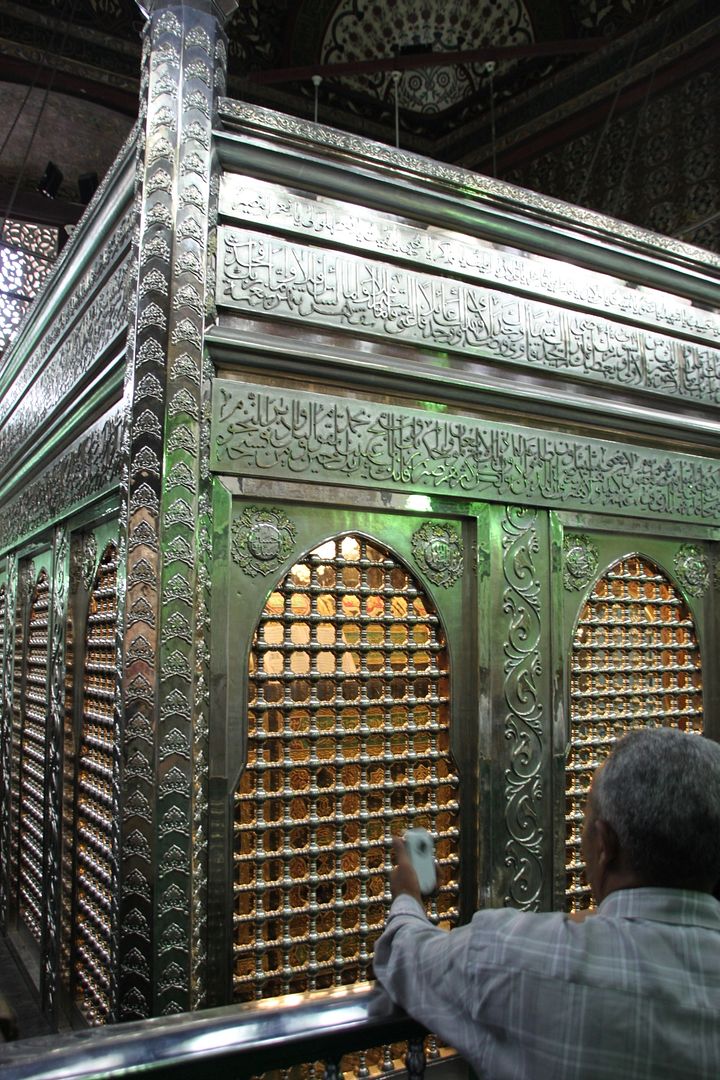
Bayt al Suhaymi
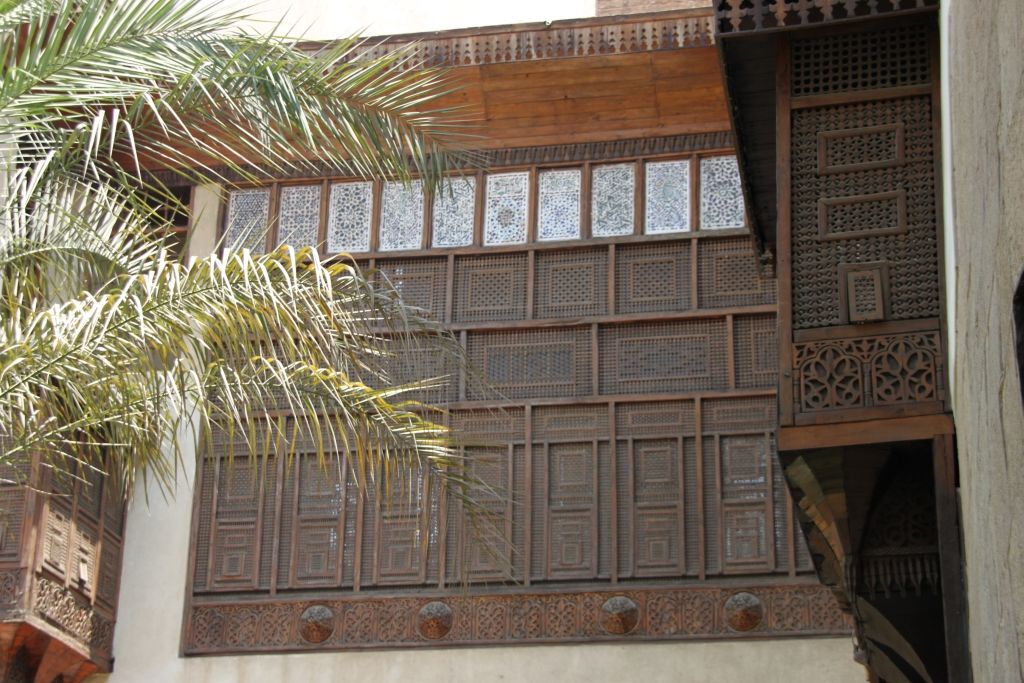
Fishawy Cafe and Khan el Khalili
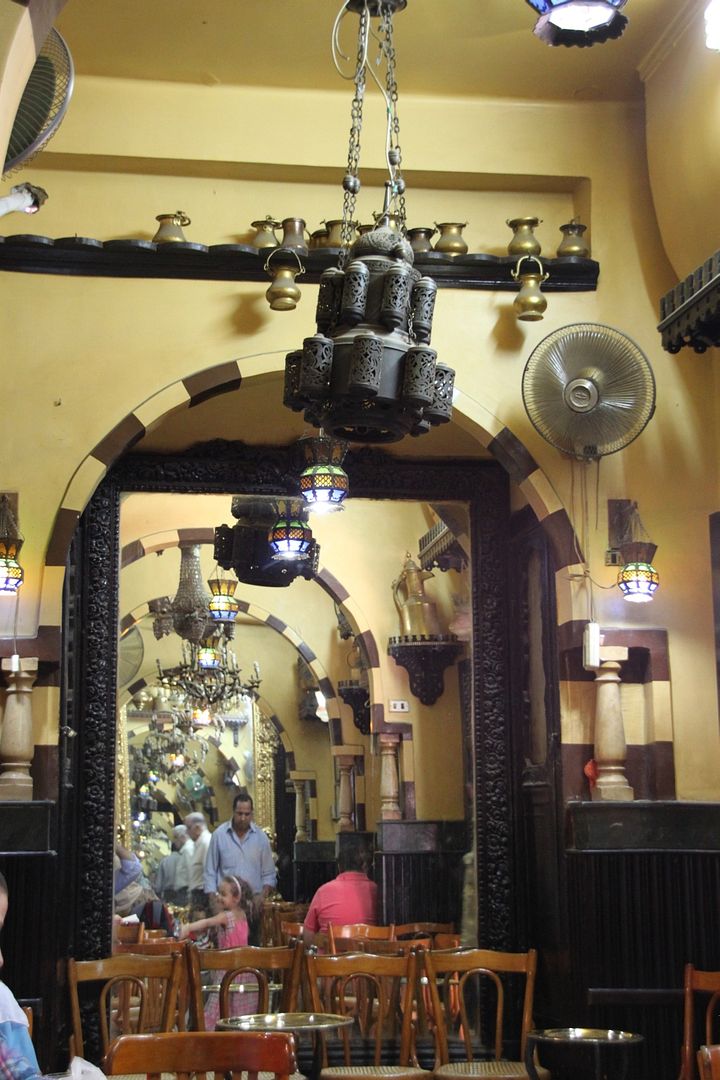
Madrasa-Khanqah of Sultan Barquq
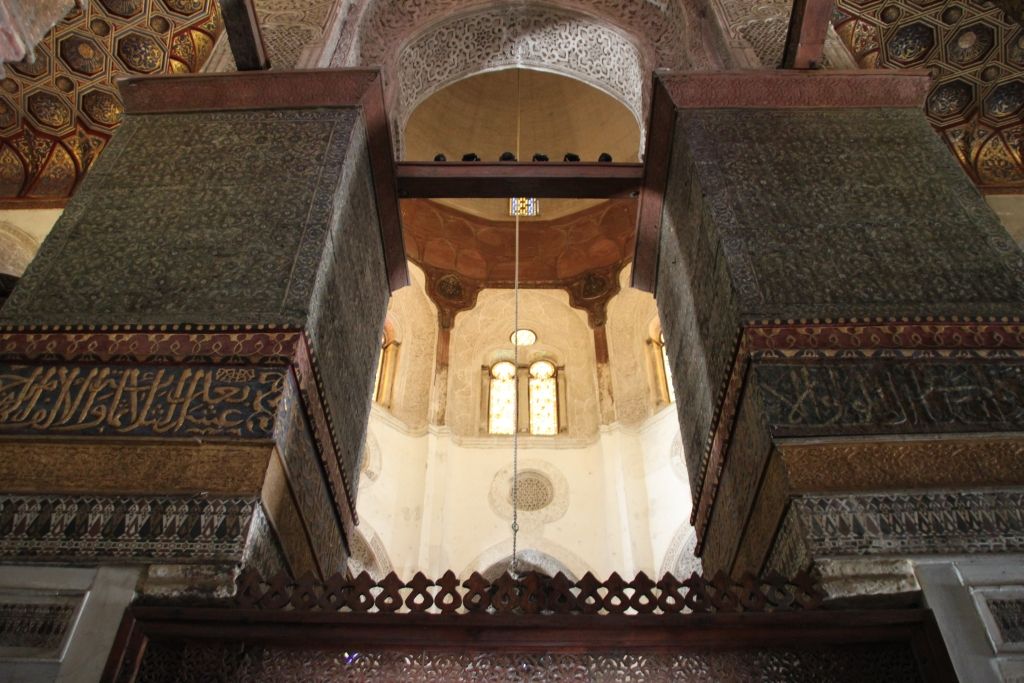
Al Azhar Mosque and Around
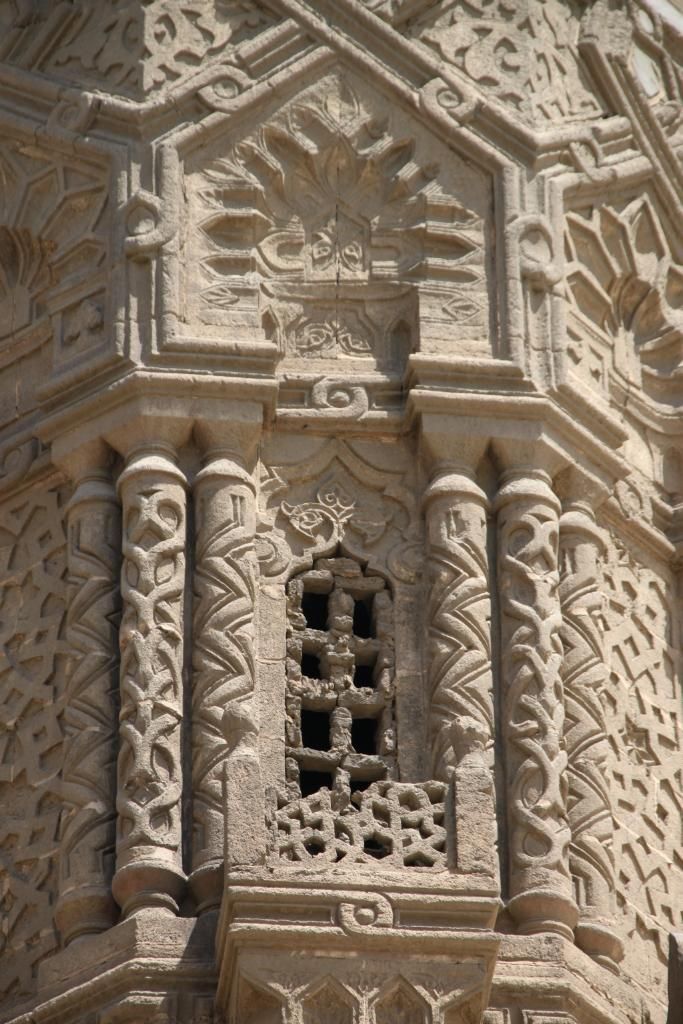
Citadel of Saladin
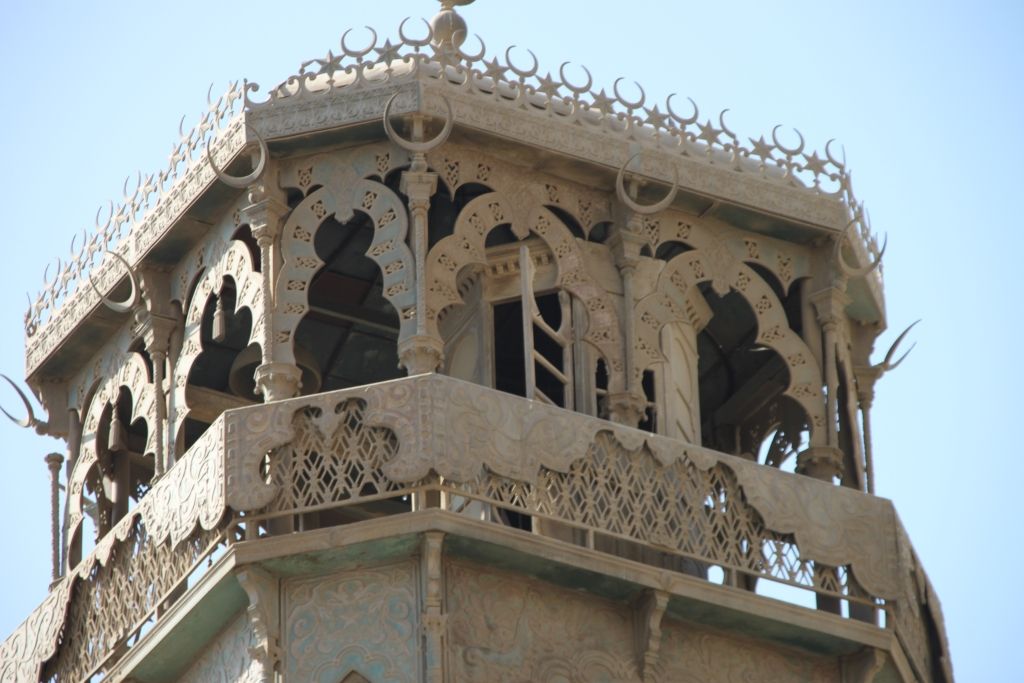
Al Aqmar Mosque
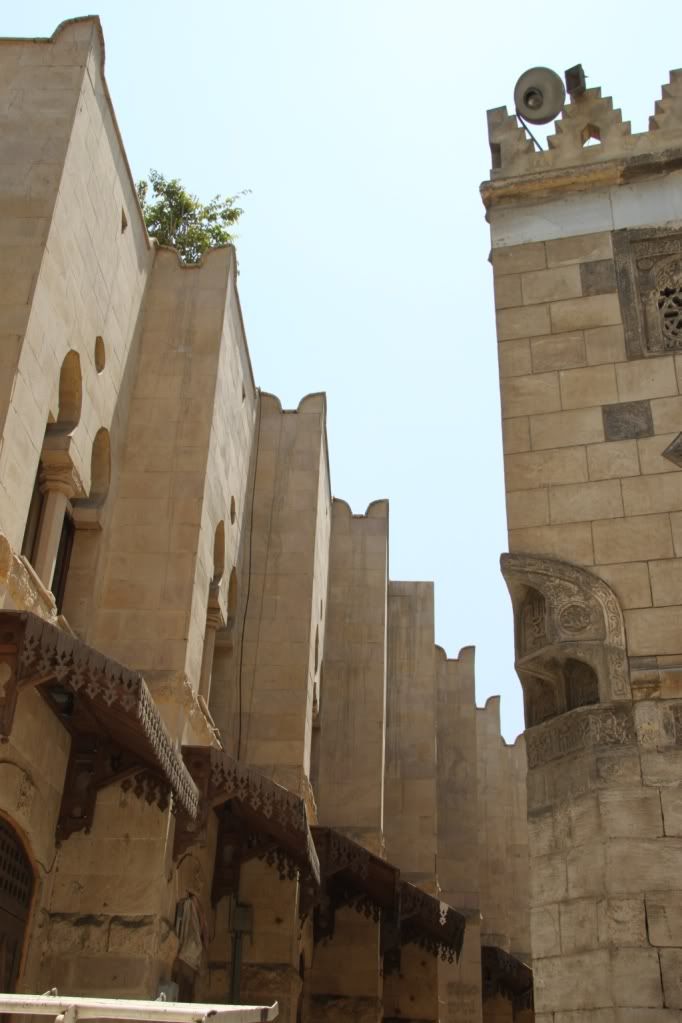
The Silksellers Street
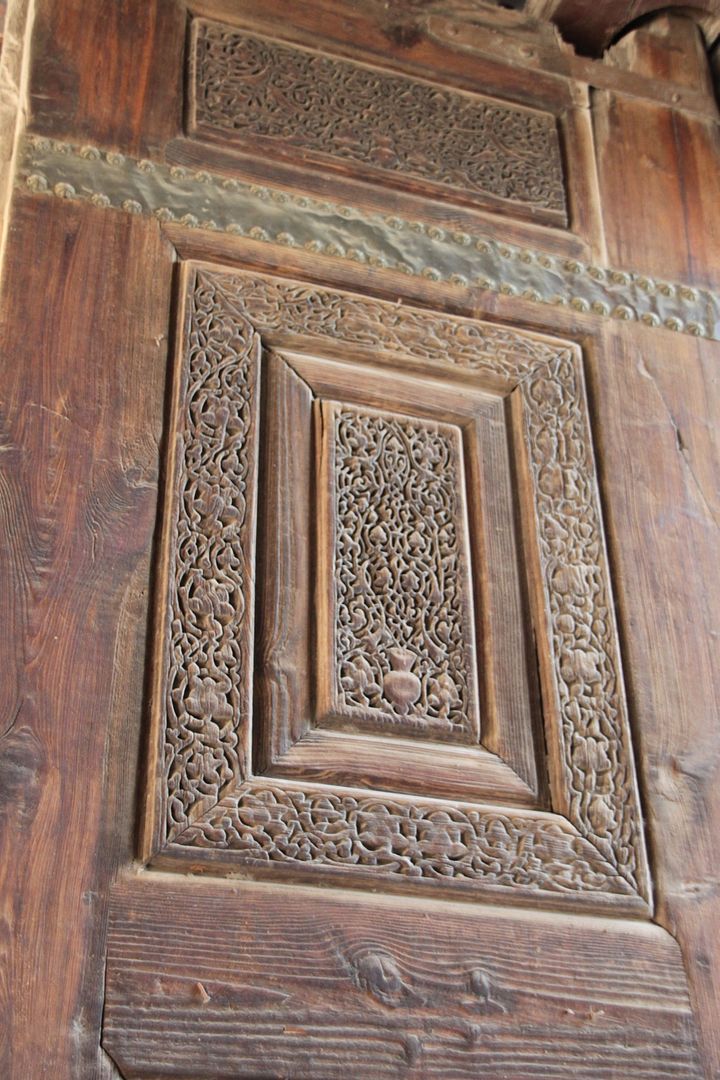
Sabeel Kuttab of Kathkuda
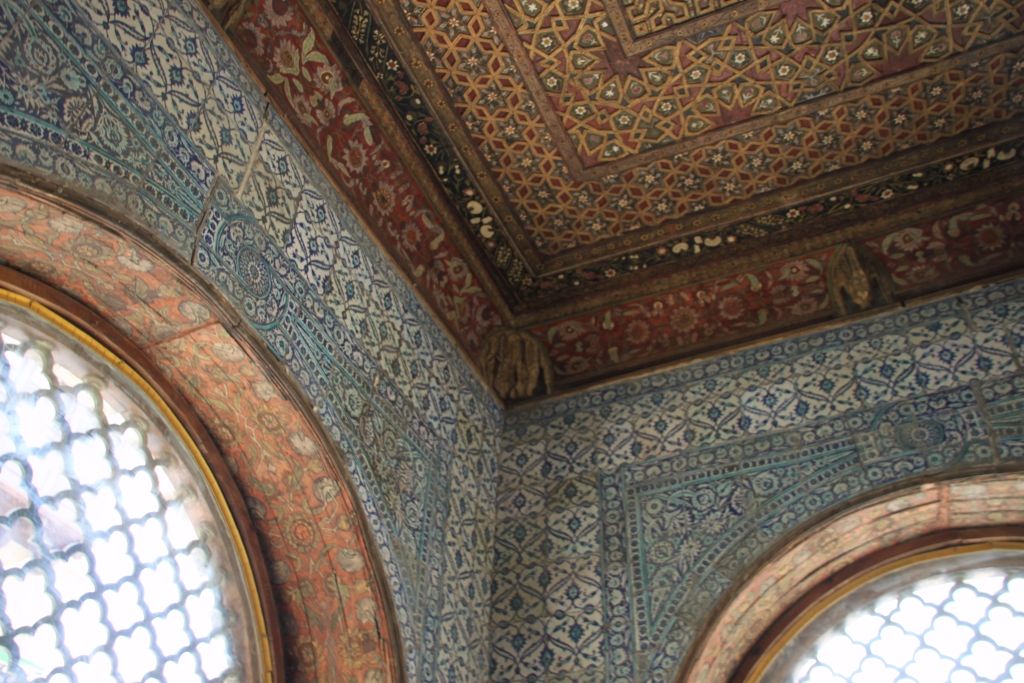
Sharia al Muizz li Din Allah
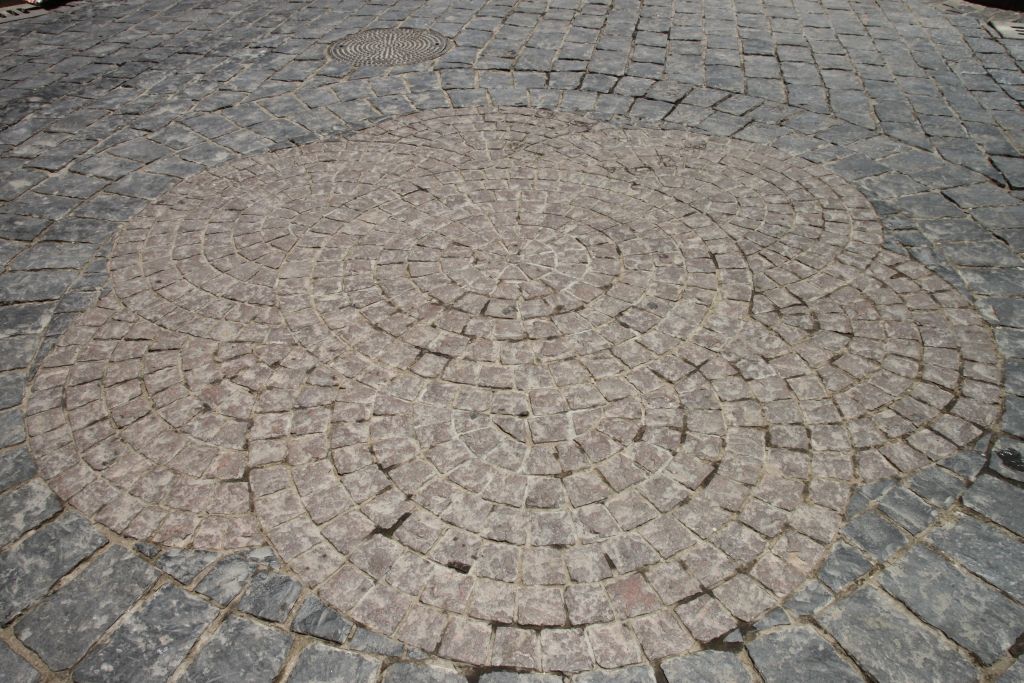
Shops along Sharia al Muizz li Din Allah
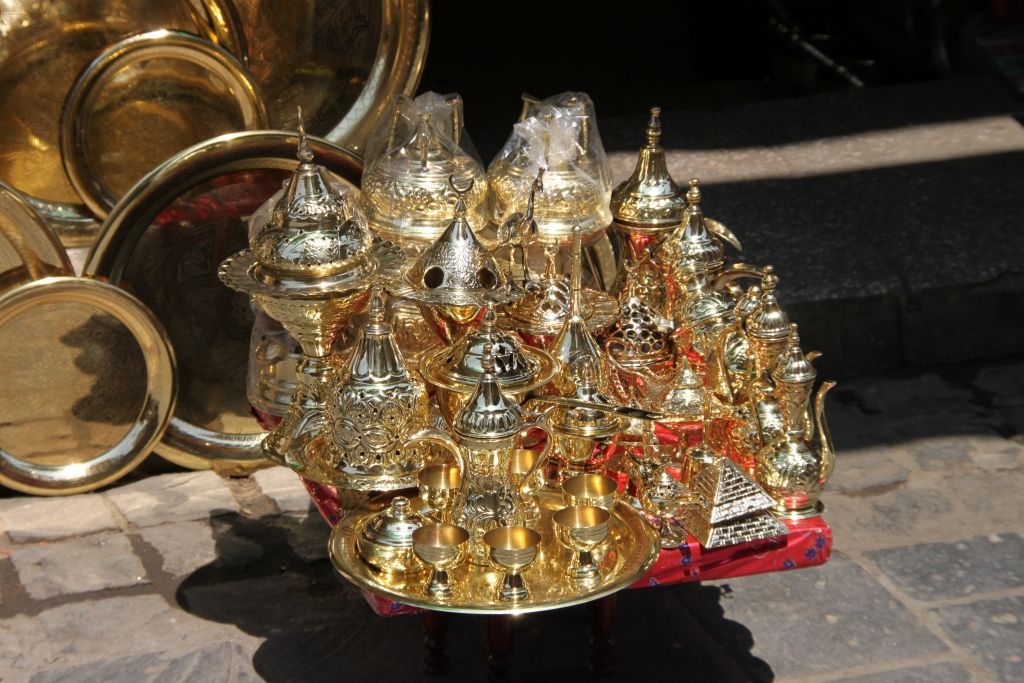
Madrasa and Mausoleum of Sultan Qualawun
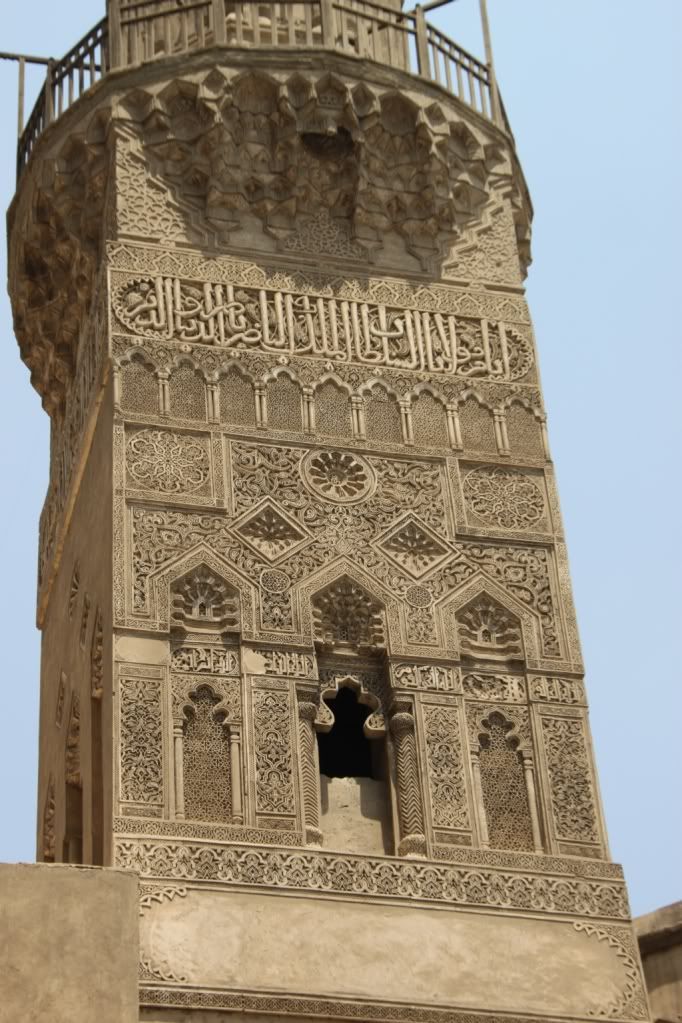
Sultan al Mu'ayyad Mosque
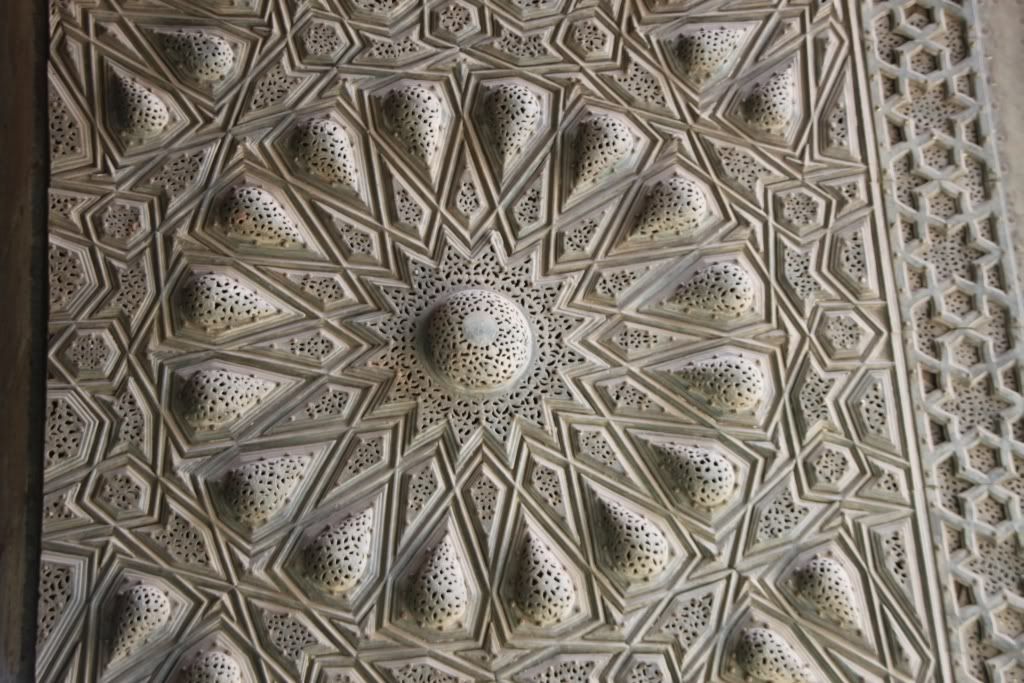
Bab Zuwayla
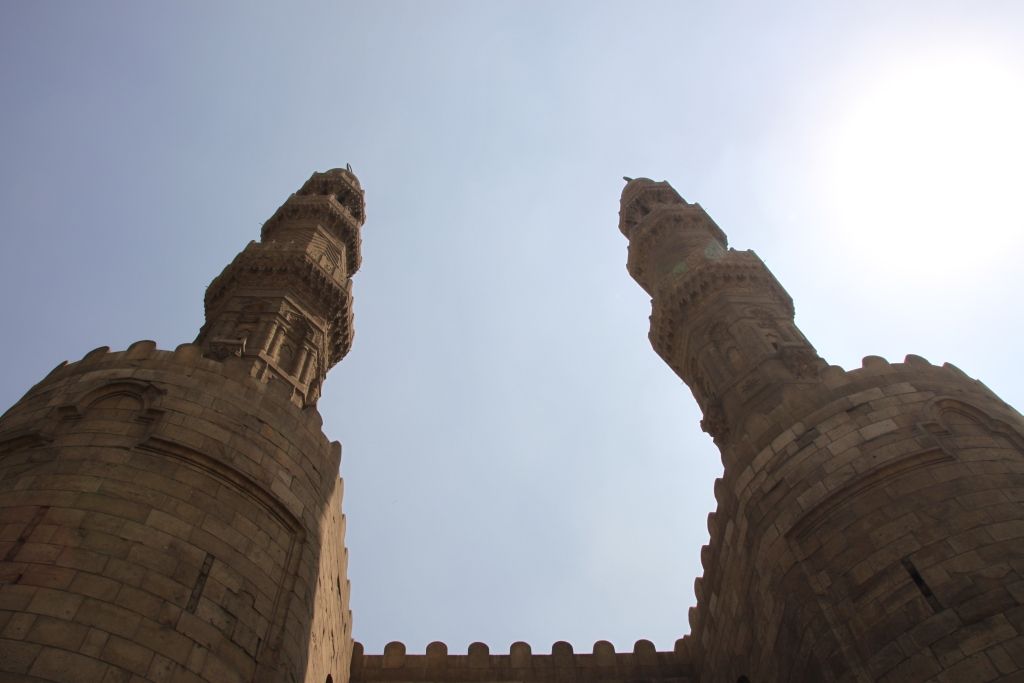
Out and About in Cairo
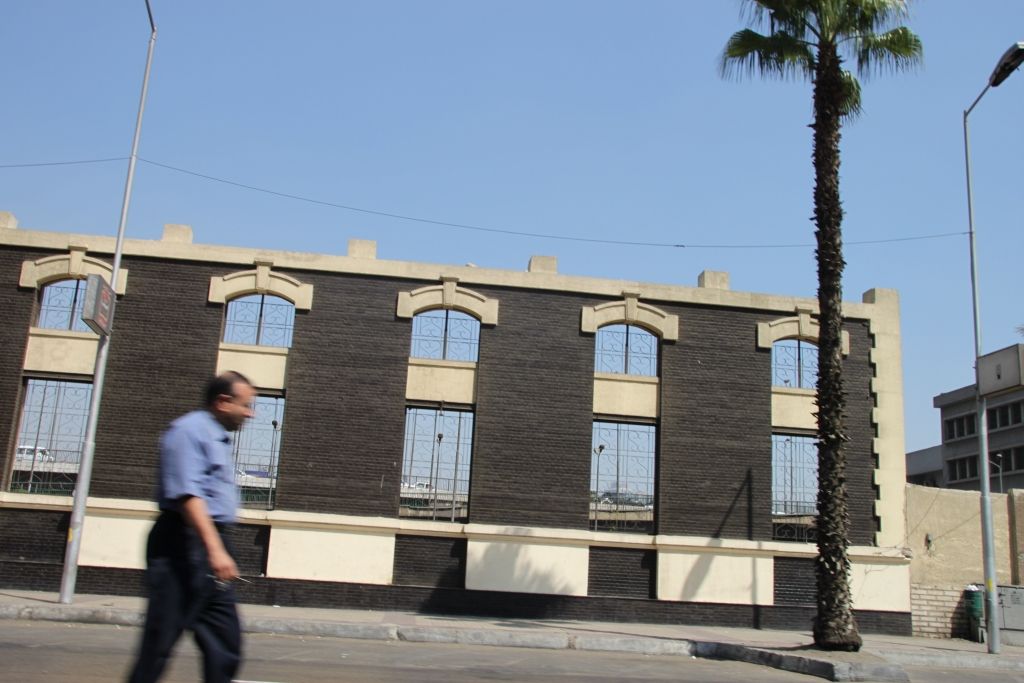
The Thousand Minarets of Cairo
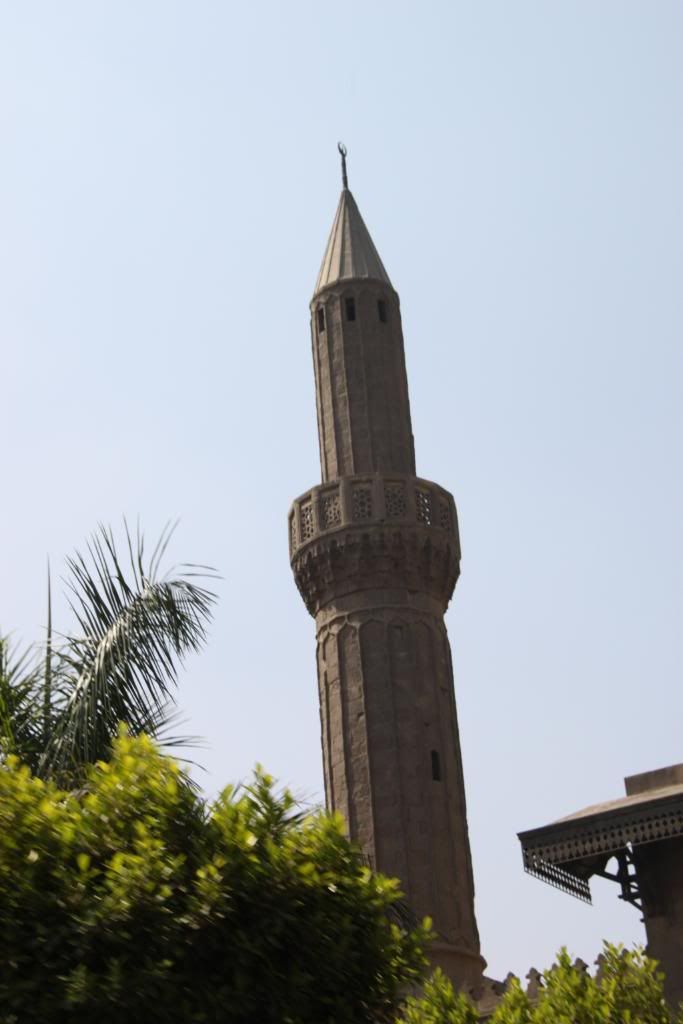
View from BD's Hotel Room
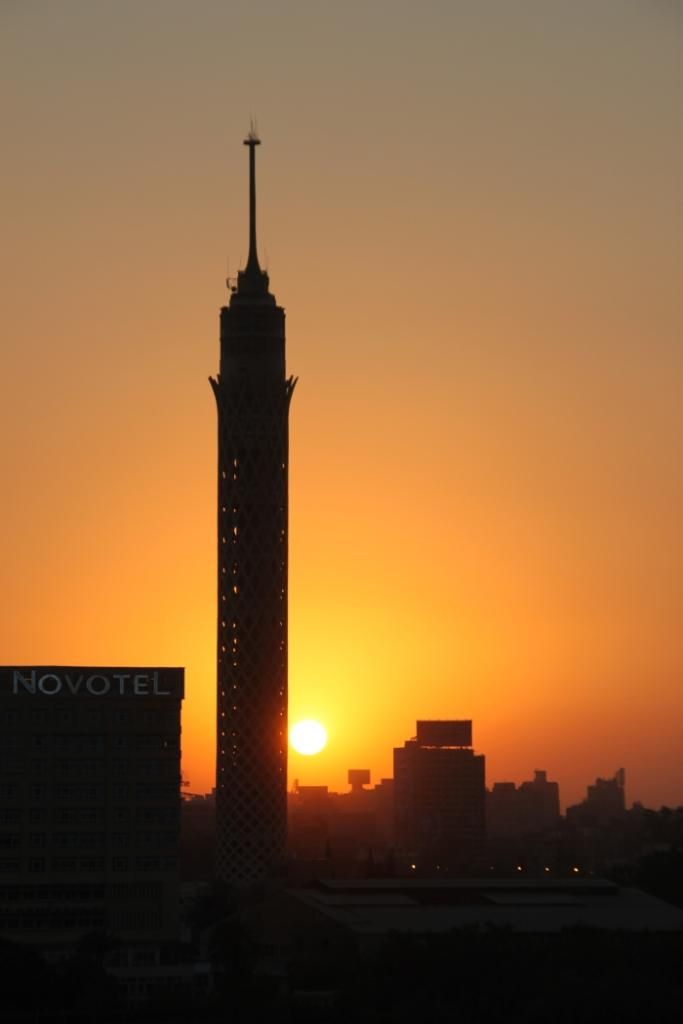
All the pictures in this post are from Bhaskar's Photo Blog He owns the copyright on all these pictures. Please do not republish his pictures without checking with him/giving him credit.
Wednesday, May 12, 2010
Egypt extends Emergency Rule by another 2 years
Monday, April 26, 2010
Saudis own over 600,000 flats in Egypt
As a naive expat 4.5 years ago, I had thought that the start of summer would mean the end of the tourist season and the price of all touristy stuff especially at the Khan would go down.
Quite the opposite, the Saudis stream into the country, raising rental rates (when searching for company guesthouses, we were told by a lot of landlords/landladies that they would rent the apartment for 10 months and then if we wanted it for the summer months, we would have to either pay the higher price or vacate the apartment)
As Arabic speakers, they pay local rates for entry into all museums and tourist locations, but the taxi drivers can spot them a mile away and will triple the price when you ask, if he can spy a Saudi family hunting down a taxi in the distance.
Shopping seems to be their favourite past-time and prices of touristy stuff in the Khan and clothes etc in the local markets are jacked up.
They often take over entire hotel floors if not the entire hotel for themselves and their retinue. When we were hunting for conference venues a couple of years ago, we were told by some hotels like the Move n Pick that they were completely booked up for the whole summer by a Saudi Prince and his extended family.
Todays news report in the Arab News says that Saudis own over 600,000 flats in Egypt. 60% in Cairo, 20% in Alexandria, 10% in North Coast resorts and the rest across the country. This does not take into account the number of Saudis who rent apartments or book hotel rooms.
What do you think, is the influx good or bad for Egypt?
Wednesday, April 14, 2010
Egypt's hash crisis?
Max Strasser on The Faster Times
He sums his article up by saying "Life is difficult for most people here. Let them get stoned." - and that's not in the Biblical/Quranical sense :)
Monday, April 12, 2010
Egyptian T-shirts
Yet, a lot of them go back empty handed. There are cheap t-shirts available all over the khan, but they mostly focus on generic Pharonic prints and designs and most of the time, the printing/embroidery quality isn't even good. So once you are back home, and the shopping euphoria has abated, you find that you can barely wear them to the beach a couple of times before discarding them or using them as rags.
There are very very few options available if one is looking for custom t-shirts with Arabic script for example or humor tshirts.
There are the occasional stores like Zafir in Zamalek and slim pickings at Oum al Dunia, Fair Trade Center and the store at All Saints Cathedral.
I was just thinking, that it would make so much sense for a couple of smart locals to get together and produce Egypt tshirts in a variety of colours, prints, designs and cuts. There is such a large market for it (especially given the volume of tourism), that has been left largely untapped.
Any takers?
Tuesday, March 09, 2010
Expat Focus awards this blog - Recommended Website for Egypt
The Expat Focus Website has given this blog, the award of "Recommended Website for Egypt"
Their website states that:
The Expat Focus Recommended Website Award is only given to outstanding expat websites which meet the following minimum criteria:
- Usefulness: Whether it's a fact packed, well known expat portal or a small personal blog, the website provides information which others moving to or living in a foreign country would find useful.
- Integrity: We only recommend honest, responsible sites. We will not recommend any site which would be in breach of our own Acceptable Use Policy
- Activity: Sites which are updated frequently or have active forums.
- Free: We do not recommend sites which require paid subscriptions or membership fees.
You can see that this particular blog has been awarded here.
Again thank you so much to each and everyone of my readers.
Parking for Egyptians Only
Saw this in a private parking lot in Alexandria.
Wonder how they plan to enforce it.
Also what qualifies for parking in this spot?
1. Only Egyptian brand cars?
2. Only cars assembled in Egypt?
3. Only cars owned by Egyptians?
4. Only cars driven by Egyptians? (majority of expats with cars, hire Egyptian drivers)
Scratching my head on this one :)
Monday, March 08, 2010
This blog has been recognised by Global Relocation Finder
 blog.
blog. is a Corporate Relocation Guide created to promote an easier way for people to share more information especially pertaining to relocation.
is a Corporate Relocation Guide created to promote an easier way for people to share more information especially pertaining to relocation.Thank you to all my faithful readers, who help keep this blog active and me motivated :) mwah
Eating from Street Carts in Egypt
Personally, I've liked most of what I tried from the food carts, except the sweet corn cobs. The corn cobs in Egypt taste terrible to me. An American friend even went so far as to say that what is sold on the street as corn on the cob, would only be used as cattle feed in the USA. There are better versions of corn available in Egypt, but it is mostly found in the frozen section of the supermarket, rather than on the street.
The only thing I would advise a newcomer is : "don't try to eat off a street cart, if you have just arrived in Egypt. Give your digestive system a little time to adjust to change in water, the new surroundings, the new microbes and germs in the atmosphere etc. After that just use your common sense. Most food carts are as hygenic as you can expect in a country like Egypt (or India, where I am from), but if you are particularly put off by the surroundings or hygiene of a particular push cart, then move on. If you see flies hovering around the food, then avoid it completely."
I would also personally avoid anything that is uncovered or not wrapped and being sold at a very dusty or polluted part of the road. Unless it was something that could be washed before eating.
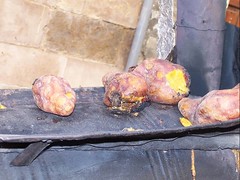
The roasted sweet potatoes are lovely. The white beans (more common in Alexandria) are lovely with a squeeze of lemon (although I often take them home to add a good sprinkle of chilli powder or chaat masala, to further enjoy the flavor). There are many delicious varieties of breads and biscuits sold on carts. The wafers that are sold near the citadel in Alexandria with fillings of sesame seeds, or groundnuts are also very good.
Street food in Egypt is not half as scary for me as street food in South East Asia. At least here, I know what I was getting myself into when I ask for something. :)
Further Reading:
An Article I wrote shortly after arriving, comparing Street food in Egypt vs India
Where to eat Street Food - An Article from Egypt Today
If you want corn cobs
Bon Appetit
Friday, March 05, 2010
How Living in Egypt Changed My Life
Thursday, February 25, 2010
Book Review : In an Antique Land
Not so suprisingly, the description of my hometown did not ring a bell as it focussed mostly on the town as it existed 800+ years ago. The description of rural Egypt created a veritable clang in my head as I kept thinking to myself "How true" or "Yes, I know someone who would have reacted the exact same way"
This is a book of non fiction. Amitav Ghosh chanced upon a letter between Abraham Ben Yiju, a Jewish merchant living in Mangalore, India, and Khalaf ibn Ishaq from Egypt, written in 1132AD. Part of this narrative focuses on Ghosh's search for more documents relating to Ben Yiju and part of the narrative tries to imagine the world that Ben Yiju lived in.
The other narrative in the book, covers Ghosh's stay in rural Egypt (Mashawy and Lataifa) and it was this section that I found infinitely more interesting and hence hope to pick up his book of essays The Imam and the Indian which promise to shed more light on this phase of his life.
It is in this second narrative that Amitav's gift of story telling is showcased, while in the first narrative it feels stilted, focussed on facts and doesn't flow as naturally. Blending history with a a current travelogue is an art perfected by William Dalrymple and sadly in comparison, Ghosh didn't match up.
While Ben Yiju did spend time in Egypt and his letters were written to people living there and most of the surviving documentation came from the Geniza Documents cache from the Ben Ezra Synagogue in the Coptic Cairo area of modern day Cairo and Fustat of Ancient Cairo, this is the only point at which the two narratives seem to meet. For the rest of the book, they just continue parallel to each other.
In the final chapters, when Ghosh heads out towards the tomb of a Jewish Saint in rural Egypt venerated by Muslims and Jews alike, I hoped it would bring about a meeting of the parallel stories, but unfortunately it didn't.
Both narratives on their own are great and very illuminating, I just didn't see the point of putting them together.
Its a great read for someone visiting the Fustat area or interested in observations/revelations from the Geniza Cache or life in Rural Egypt.
Also Published on desicritics
Wednesday, February 17, 2010
King Tutankhamun most likely died of Malaria

The findings of this study that seem the most interesting to me are.
1. The murder and posioning rumors will now have to be put to rest as Malaria seems to be the most likely cause of his death.
2. This is now the oldest known genetic proof of malaria.
3. They found more than one strain of malaria parasite, indicating that King Tut caught multiple malarial infections during his life.
4. Tutankhamun is the son of Akhenaten and his Sister Queen (a minor queen perhaps, but not his chief wife Queen Nefertiti whose beauty and bust have been subject to much debate)

6. The mummy KV55 has been positively identified as that of Akehnaten (the 'so-called' Heretic King who wanted the populace to worship only one God)
7. The speculation that Akhenaten suffered from gynecomastia - a genetic disorder that causes men to have female features like wide hips, potbelly, and breasts - has been put to rest.

If you would like to read a more detailed report, it is available on National Geographic
Tuesday, February 16, 2010
Problem with Rats?
My first recommendation would be to get a cat to do the job for you. I find the rat problem here in Cairo much less than most metropolitan cities and my guess is that it is the feral cat population that keeps the rat (and also cockroach) population to a minimum. In most Indian cities, the stray dog population is high and hence the feral cat population is low and the rat population is high. In cities like Bombay, I have seen rats bigger than the average cat in size and have actually seen 2 rats chasing a cat. (The cat did not even have a chance)
A friend of mine recommended this poison in case you have a rat problem. She said to ask for "sim li firan" at the pharmacy. Its a grey powder that you need to sprinkle over a piece of food/fruit that the rat may like to nibble on. If you put it on too thick, it may alert the rat to the presence of poison, so just a sprinkle. You may need to do this a couple of nights in a row, till the rat dies or stops coming back inside. She also says that this is quite a toxic product so to be very careful with how you handle it and to keep it out of the way from children and household pets. This supposedly causes internal bleeding in the rat.
There are rat traps available on some parts of the city, but I'm not sure where exactly.
Tuesday, January 12, 2010
Egypt salvages its modern treasures
By Frederick Deknatel Contributor / January 11, 2010
CairoAmgad Naguib is sitting in his garagelike storage space on a side street in the dusty belle epoque heart of downtown Cairo looking to buy junk. “Bikya!” the junk seller yells from his cart on the street outside, which means reusable rubbish. “I get a lot of treasures from bikya,” Mr. Naguib, an artist and collector, says from his garage, which is stuffed with old furniture, vintage advertisements, and stacks of papers and photographs from the early 20th century.
Between the vendors who buy and sell junk and the tourist shops that offer overpriced historical keepsakes – Iraqi
dinars with Saddam Hussein’s face, fake old photographs, faded postcards – there are other Egyptian collectors, artists, and historians collecting pieces of the past, and not always for profit. Accumulating old objects, whether valuable or not, suggests connection with downtown Cairo’s material past as the area
undergoes major changes, from the flight of historic institutions to news of investment-driven gentrification. . . .
Friday, January 08, 2010
Egypt, Cairo, Warden Message; Violence at Rafah-Gaza January 6, 2010
Date: January 6, 2010
To: The American Community
From: Embassy of the United States, Cairo
Subject: Warden Message - Reports of Violence at Rafah-Gaza
This warden message is being issued to alert U.S. citizens residing and traveling in Egypt that on January 6, 2010, violent demonstrations took place at the border crossing in Rafah between Egypt and Gaza. In addition, there have been demonstrations in Al-Arish over the past few days. We strongly encourage American citizens to avoid travel to the northern Sinai region. We also recommend that American Citizens avoid areas where there is heavy police presence or crowds assembling and to exercise caution if within the vicinity of any large public gatherings. As a reminder, even demonstrations or events intended to be peaceful can turn confrontational and possibly escalate into violence.
Americans traveling abroad should regularly monitor the U.S. Embassy’s website the U.S. Department of State's, Bureau of Consular Affairs website , where the current Worldwide Caution, Travel Warnings, Travel Alerts, and Country Specific Information can be found. The U.S. Embassy also encourages U.S. citizens to review "A safe trip abroad", which includes valuable security information for those both living and traveling abroad. In addition to information on the Internet, travelers may obtain up-to-date information on security conditions by calling 1-888-407-4747 toll-free in the United States and Canada, or outside the United States and Canada on a regular toll line at 1-202-501-4444.
American citizens are advised to maintain valid travel documents and register with the Department of State or the U.S. Embassy Cairo through the State Department travel registration website, https://travelregistration.
Egypt deports MP George Galloway
George Galloway was deported from Cairo today despite wanting to return to Gaza to help members of a humanitarian convoy who have reportedly been arrested, a spokeswoman for the convoy said.
Plain clothes police officers bundled the Respect MP on to a plane bound for London, said a spokeswoman for the Viva Palestina convoy.
Read the entire story on The Independent
Dozens hurt in Egypt-Gaza clashes
An Egyptian soldier has been killed and at least eight Palestinians hurt in clashes at the Egypt-Gaza border.
Egyptian security officials said the soldier was hit by Palestinian gunfire from across the border, during protests over a delayed aid convoy.
International activists have been trying to take 200 aid trucks into the blockaded Gaza Strip, but Egypt has refused some of the vehicles access.
Dozens of activists were hurt during protests over the convoy on Tuesday.
The violence broke out as hundreds of Palestinians began throwing stones across the border at Egyptian security forces, who fired back at the protesters.
The Islamist militant movement Hamas, which controls Gaza, had called the demonstration over the convoy.
But Hamas police later fired into the air to disperse the crowd, witnesses said.
The Egyptian soldier was apparently killed by gunfire from the Gazan side.
Egypt and Israel impose a strict blockade on the Gaza Strip, which Israel says is aimed at weakening Hamas.
 The activists said 60 people were hurt in the clashes |
The Viva Palestina aid convoy, carrying items ranging from heart monitors to clothing and dental equipment, is aiming to break the blockade.
A spokeswoman for the group of about 500 international activists said the Egyptians had gone back on an agreement to allow their 200 aid trucks to enter.
Alice Howard said Egypt had said that dozens of the trucks would have to enter via an Israeli-controlled checkpoint - which Viva Palestina believed meant the goods would never reach their destination.
She said she understood the reason was because of the nature of some of the goods.
Items other than basic foodstuffs and medicines, such as medical machinery, are subject to a stringent approvals procedure, usually negotiated by established international aid organisations with the Israeli authorities.
Port protest
Some of the activists staged a sit-in at the port of Al-Arish, where the trucks are currently waiting, which was broken up by some 2,000 Egyptian riot police, Ms Howard said.
Many of those injured were "quite severely beaten, with head injuries", she said. A few were taken to hospital, but returned to the convoy on Wednesday morning.
Several Egyptian security forces were also reported to have been injured.
Television footage showed Egyptian riot police hitting the activists with batons. Some of the activists responded by throwing stones.
UK MP George Galloway, with the convoy, said: "It is completely unconscionable that 25% of our convoy should go to Israel and never arrive in Gaza."
The clashes follow an earlier row with the Egyptian authorities over what route the convoy should take to reach Egypt in the first place.
A demonstration has also been held in the Syrian capital, Damascus, against Egypt's treatment of the aid convoy.
A few hundred people took part in the protest organised by Hamas and other factions in Syria.



























